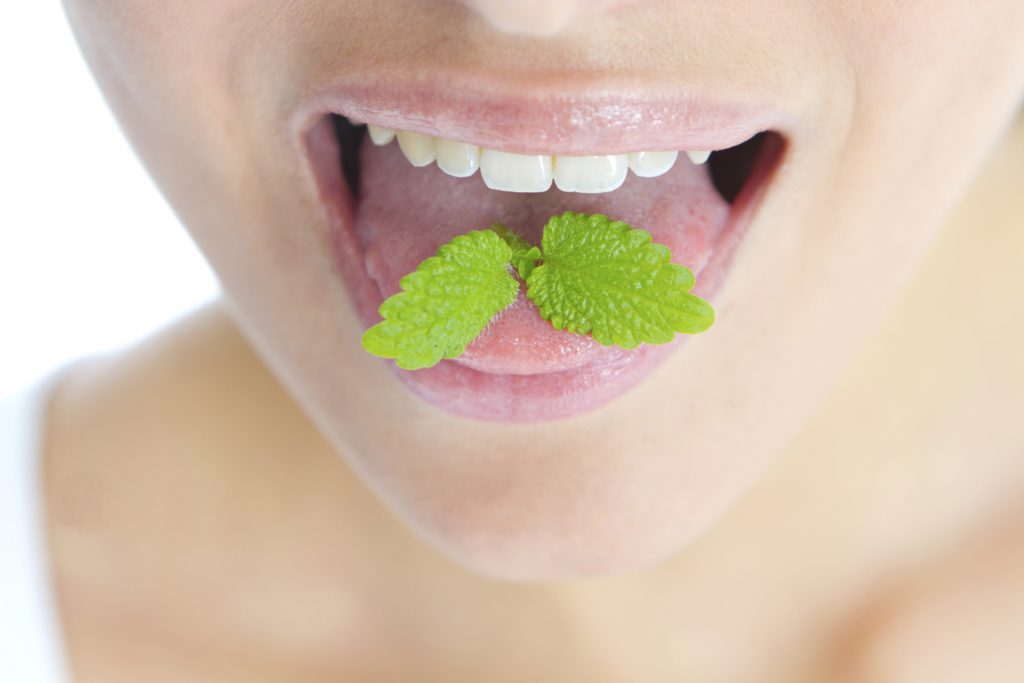
It may have been the cool thing to do in the past, but if they knew then what we know now, it would likely not have been so popular. Lung cancer, heart disease, premature wrinkles are just a few of the perks of smoking. But how bad it is for your mouth? In the beginning, the effects are fairly minor. But bad breath & yellowing teeth are just the tip of the iceberg. Soon you will have a build-up of plaque and tartar on your teeth, which can lead to gum disease and even tooth loss. Healing from tooth loss will take longer to heal. The dental implant used to replace the tooth have a lower success rate due to bone loss in the jaw. We haven’t even gotten to the gum disease.
When you smoke, the smoke you inhale interferes with the normal function of your gum tissue. When infected, you are more susceptible to periodontal disease. The more your blood flow is impaired, the longer it takes to heal. As you lose more alveolar bone, or the bones that anchor your teeth in your mouth, the easier it is for them to fall out.
Quitting will benefit your health tremendously, no matter how long you’ve been smoking. A study in the Journal of the American Dental Association revealed that mouth lesion leukoplakia completely healed in 97.5% of patients just after 6 weeks of quitting. The American Cancer Society states smokers are 6 times more likely to contract cancer of the mouth, lips, tongue, and throat than those who do not. So, grab yourself some nicotine gum, join a support group, or try acupuncture or hypnosis to ensure you stay healthy for a long time to come.
If you have questions or concerns about quitting smoking, make an appointment today with Dr. Schnall at 212-247-7059 or visit our website at www.philipschnalldmd.com.
Dr. Philip Schnall proudly serves Central Park West and all surrounding areas.
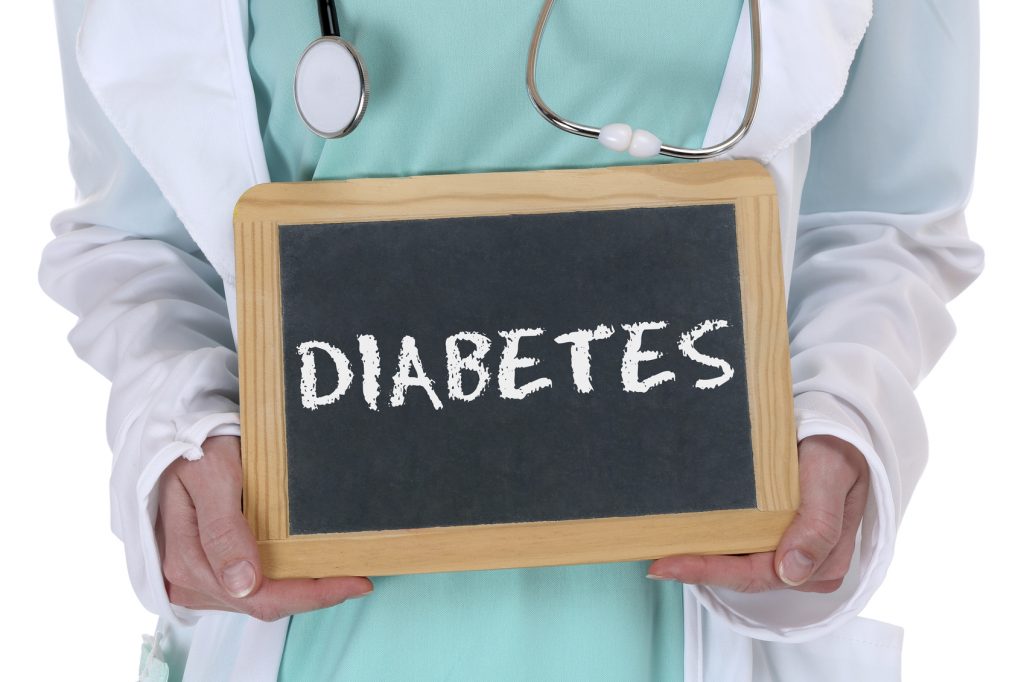

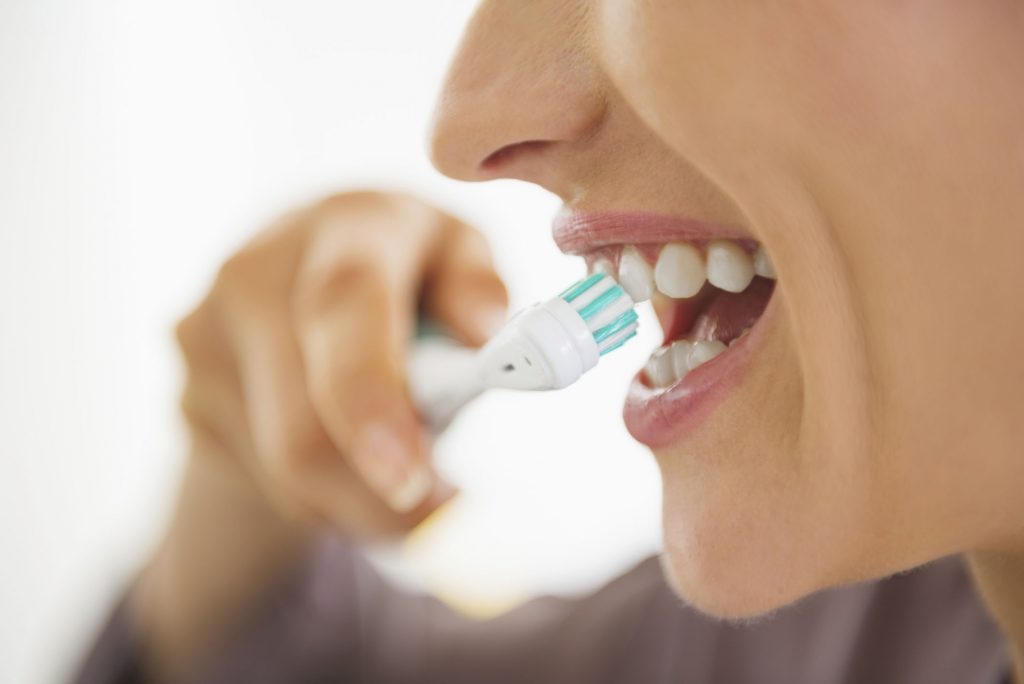

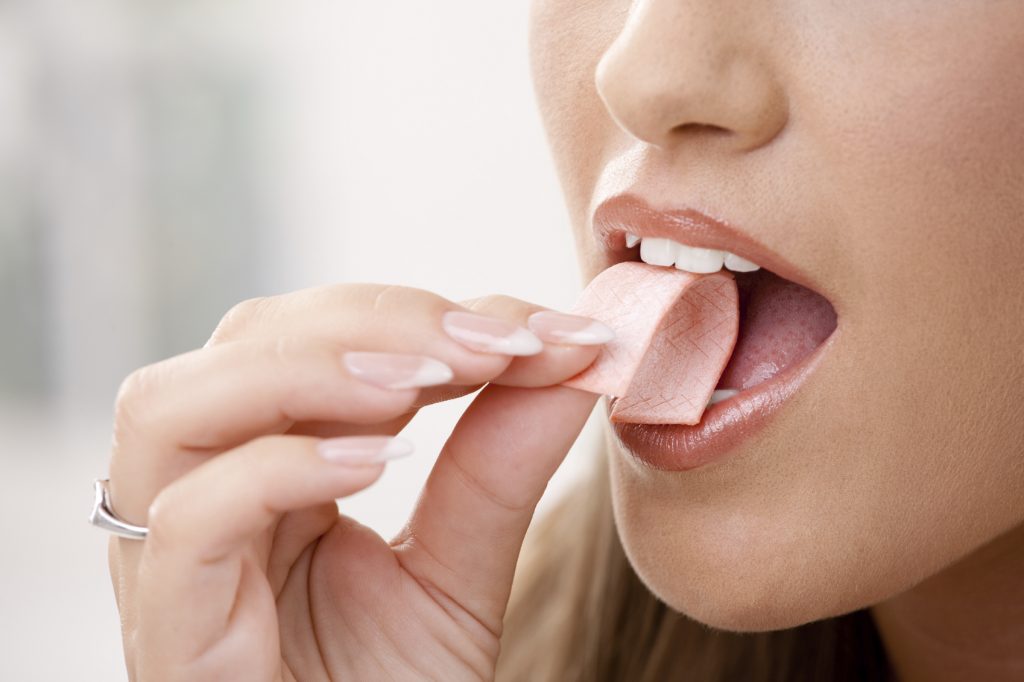
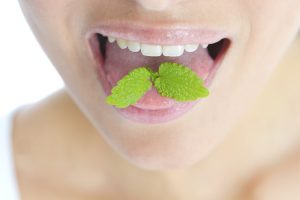
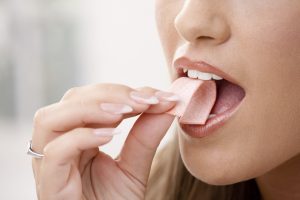 Periodontal disease is one of the most common problems Americans face – as many as half of American adults have some level of periodontal disease, and that percentage increases at higher ages. Periodontal, or gum, disease can take many forms – from mild gingivitis, with symptoms like red inflamed gums to severe periodontal disease, where pus from infections can push teeth from their socket.
Periodontal disease is one of the most common problems Americans face – as many as half of American adults have some level of periodontal disease, and that percentage increases at higher ages. Periodontal, or gum, disease can take many forms – from mild gingivitis, with symptoms like red inflamed gums to severe periodontal disease, where pus from infections can push teeth from their socket. We know the importance of looking after our teeth, and in doing that, brushing on a daily basis. Brushing, along with flossing, will not only remove food debris and plaque but will also protect your teeth against tooth decay and
We know the importance of looking after our teeth, and in doing that, brushing on a daily basis. Brushing, along with flossing, will not only remove food debris and plaque but will also protect your teeth against tooth decay and